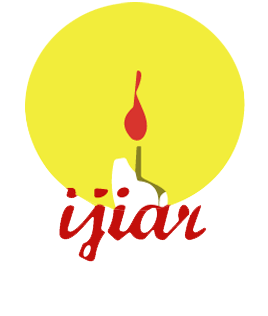LEVERAGING INTERNET OF THINGS (IOT) AND DEEP LEARNING FOR SUSTAINABLE BIOMEDICAL WASTE MANAGEMENT: AN ADVANCED FRAMEWORK FOR REAL-TIME MONITORING AND WASTE CLASSIFICATION
- Department of Community Medicine, Gitam Institute of Medical Sciences and Research.
This study introduces an IoT and deep learning-based framework designed to enhance biomedical waste management through real-time monitoring and efficient waste classification. By utilising IoT sensors in conjunction with advanced machine learning models and autoencoders, the system automates waste tracking, timely collection, and the categorisation of hazardous materials. IoT sensors enable continuous data collection on waste generation, supporting pattern analysis to optimise waste management processes. This approach addresses critical challenges in mismanagement, including the prevention of spills, control of odours, and the handling of hazardous waste types. By leveraging real-time data, healthcare facilities can improve the segregation and disposal of BMW, minimising risks to human health and the environment. The integration of these technologies contributes to a cleaner, more sustainable waste management ecosystem, ensuring regulatory compliance and enhancing operational efficiency. Ultimately, the proposed system demonstrates how IoT and AI-driven solutions can revolutionise waste management in healthcare settings, mitigating environmental impacts and improving overall public health outcomes.
Department of Community Medicine, Gitam Institute of Medical Sciences and Research.
Share this article
